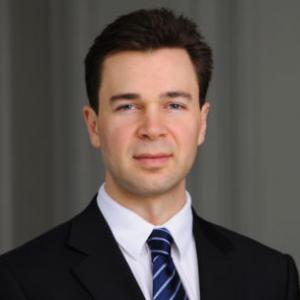Oxford finishes second in the Nelson Mandela World Human Rights Moot Court Competition 2017
Associated people
The University of Oxford, participating for the first time in the competition, finished second in the oral rounds of the Nelson Mandela World Human Rights Moot Court Competition held in Geneva in July 2017. The Moot Competition is organized jointly by the Centre for Human Rights at the University of Pretoria and the United Nations High Commissioner for Human Rights. The Mandela Moot applies international human rights law, including both the general instruments and bodies of the UN system and the three regional systems of Africa, Europe and the Americas. This year, the hypothetical case raised issues relating to alleged breaches of the right to life by a drone strike and a state’s failure to investigate deaths; a refugee situation in disputed territory; and the right to non-discrimination in the context of employment and hate speech in an election.

The competition runs in two phases – first a qualifying round based on written memorials, followed by oral argument rounds held in Geneva in July each year to coincide with the anniversary of Nelson Mandela’s passing. The qualification is based on UN regions of the world. The Oxford team of Tsvetelina van Benthem (MJur 2017) and Weiran Zhang (BCL 2017) qualified for the oral rounds as one of five teams qualifying from our region of Western Europe and North America. We then joined the other qualifying teams as one of 36 teams from 34 different countries. Oxford was the only team from the UK to qualify. The oral rounds are held at the Palais des Nations, Geneva, the home of the human rights organs of the United Nations.
In the oral rounds, each team argues the case four times – twice for the applicant and twice for the respondent – against four randomly drawn opponents. Oxford argued against teams from Germany, Belarus, Nepal and the Ukraine. The top two teams qualify to argue in the final of the competition, subject to the rule that the two finalists cannot come from the same UN region.
In the final results, Oxford finished second out of the 36 teams with a final average percentage of 89.60%, just 0.03% behind eventual winners St Thomas University, Canada. However, because Oxford falls in the same UN region as St Thomas, the University of Buenos Aires, who had finished third, instead qualified to argue in the final which was won by St Thomas.
The team's participation in the competition was made possible by the generous support of the Law Faculty and the Bonavero Institute of Human Rights.



